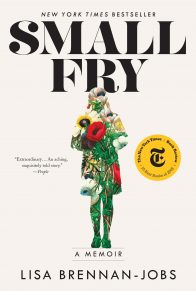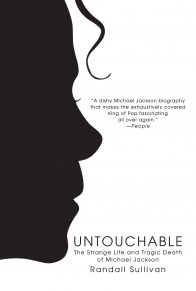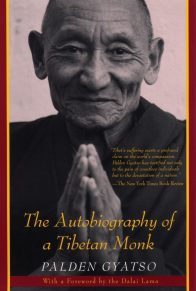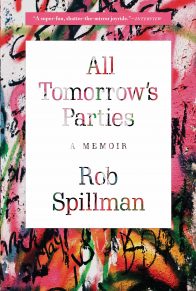The first pages that I read were given to me by Gil when he was staying at the Chelsea Hotel in New York in the late 1990s. They included his account of the night that John Lennon was murdered (entitled “Deadline”) and chapters on growing up in Jackson, Tennessee, and on Stevie Wonder (entitled “Makes Me Wonder”). These original chapters were recounted in the third person, by a narrator called The Artist, as Gil felt that this allowed him to write more freely and objectively about the events he needed to describe.
In 2004, at my prompting, Gil began rewriting the book as a first-person narrative, after recognising that the device of using an Everyman narrator for a memoir created more problems than it solved. Although, as he wrote in a letter on 29 September 2005, “I am adjusting to the first person as these things will show, but I find it totally unnerving and self-serving at times because I have to describe shit from the ‘Watergate’ point of view: what I knew and when I knew it.” The “Interlude” chapter in this book is the only remnant of the original draft that has made it into the final version.
One of the reasons Gil had been drawn to the third-person narrator was because his primary motivation in writing The Last Holiday was to tell the story of the Hotter than July tour. He felt that Stevie Wonder had never received the recognition that he deserved for the key role he played in bringing about the legislation that made Martin Luther King, Jr.’s birthday a national holiday (this eventually happened in 1986). And Gil believed that The Last Holiday could be an objective account by a first-hand witness to this historic tour. He wanted to ensure that people could not forget what had really happened. And it is for this reason that there is so little in The Last Holiday that recounts what took place after the rally in Washington in January 1981. What happened to him after 1981 did not seem relevant to the book that he wanted to write.
However, it was clear to Gil that in order to tell Stevie Wonder’s story, he would have to tell his own story, and that “in writing about yourself, you write about your parents and their parents automatically because you are all of those people.” It was only by opening up his own past that he felt he could properly explain why he ended up on the tour with Stevie Wonder.
Gil’s death in May 2011 has made it impossible to ask him questions that we would dearly love to know the answers to. The manuscript he left had been sent over to me in a very piecemeal fashion, over a number of years and written on various archaic typewriters and computers. From countless conversations we had and from certain notes he left, it was clear that his original vision for the book was not a straight chronological narrative. But as time went by, Gil leaned towards a simpler approach and dispensed with the more complex structure. He also decided to write about some very personal events from the later part of his life, including the death of his mother, the stroke he suffered in 1990 and his estranged relationships with his three children. These were never part of the original plan and they add real poignancy to the concluding chapters of the book.
We are greatly indebted to Tim Mohr, whose editing skills and commitment to the project have resulted in The Last Holiday reading as smoothly as it does. Gil was a very appreciative man and I know how grateful he would have been for all the hard work that Tim, Dan Franklin, Amy Hundley at Grove/Atlantic, and Rafi Romaya, Norah Perkins and Nick Davies at Canongate have put into The Last Holiday. And I like to think that he would have loved Oscar Wilson’s stunning jacket artwork.
As Gil so memorably sang,
Peace Go With You, Brother
Jamie Byng, Publisher, Canongate Books













